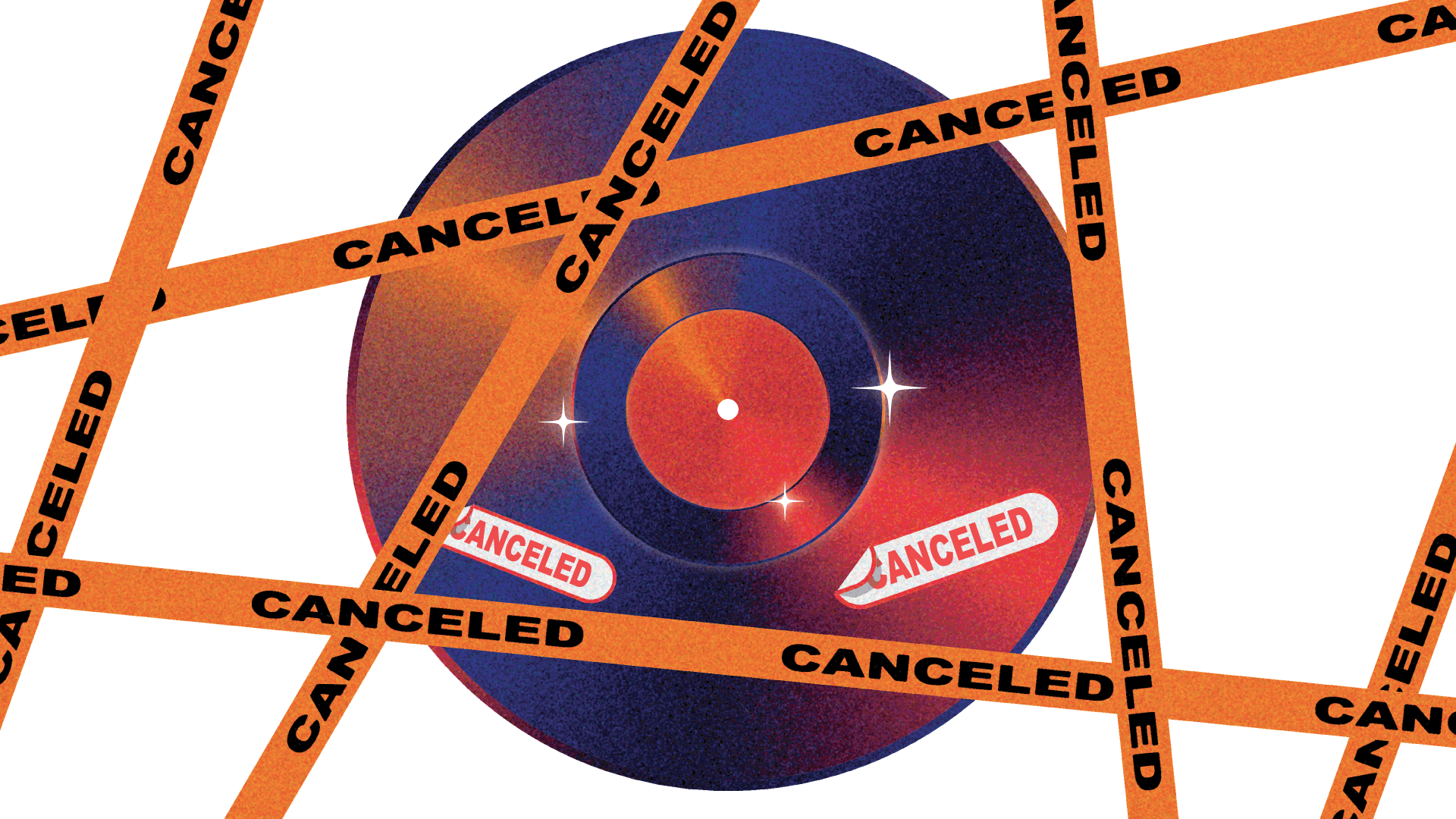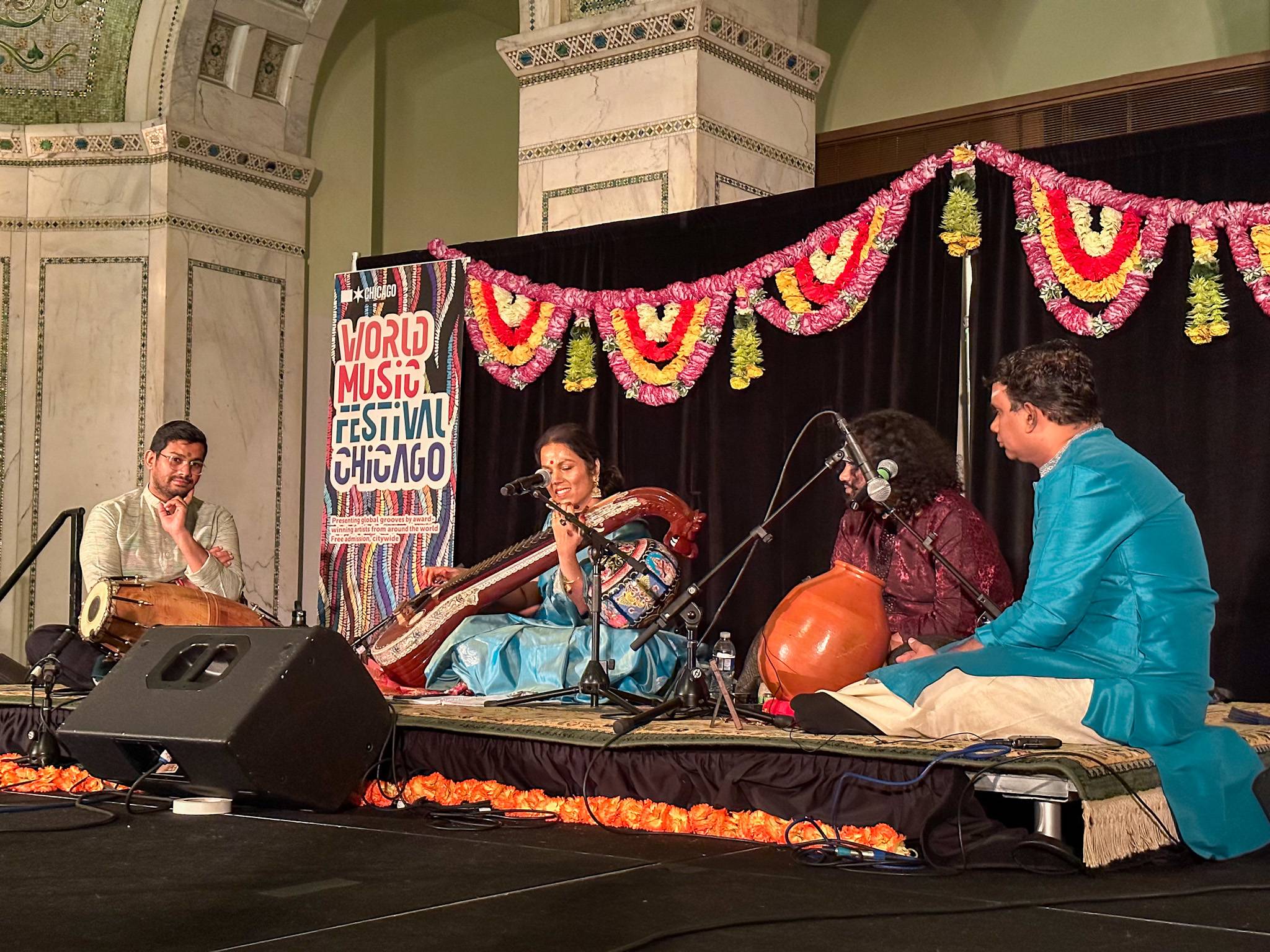An examination of the Do-it-Yourself movement through some of Chicago’s most influential artist collectives
By Whitney Stoepel
On February 13, the College Art Association (CAA) conference hosted a panel titled “Meta-Mentors: DIY.” Members of Temporary Services and Mess Hall were represented, as well as individuals from other Chicago DIY collectives including Industry of the Ordinary and Bertran Projects. Although each of the collectives has its own objective, they all share the same non-competitive artistic spirit that refuses to rely on capitalism to survive.
New York Times art critic Holland Cotter penned an exploration of do-it-yourself art groups in 2003, titled “Doing Their Own Thing, Making Art Together.” It loosely chronicled the nature of a collective, from the 1960s nonmilitant movements to today’s art collectives that strive to make art “outside the centralized, market-determining power structures of the mainstream art world.” The only Chicago-based collective that Cotter mentioned was Temporary Services, a West Town collective which focuses on experimental, non-competitive art within created or found infrastructures.
When Rogers Park resident and building owner Alan Goldberg read Cotter’s article, he contacted Temporary Services, offering them a storefront space rent-free in order to enrich the cultural life of the north side neighborhood. Temporary Services decided the most effective way to take advantage of this offer was to invite individuals and groups to join them in utilizing the space, and to seek out artists with the time to invest in additional projects. What eventually developed was Mess Hall, a space modeled after European social centers, anarchist infoshops and the drop-in centers of the ’60s and ’70s that host workshops, exhibits and a printed material archive.
One of Mess Hall’s rules — and there aren’t many — is that it will never engage in a money exchange. Without the burden of rent, they find it unnecessary to charge for any service they offer. To illustrate the group’s mission, Dan Wang of Mess Hall quoted passages from essays by American sociologist Immanuel Wallerstein during the CAA panel, including: “The five century-long ride of capitalism is nearing its closing stages. Owing to its status as the first of the world systems to actually encircle the entire planet, capitalism’s end is sure to be grandly chaotic.”
Industry of the Ordinary co-founder Adam Brooks also spoke, describing many of the collective’s projects as “challenging pejorative notions of the ordinary,” infused with a good dose of tongue-in-cheek witticism. Recently, Industry of the Ordinary organized the “39 Verbs” exhibition at Packer Schopf Gallery in which people were asked to create works of art based on verbs given to them. Brooks also played a short film that documented their project “Ten.” “Ten” originated as a response to Roy Moore—the judge who commissioned the statue of the ten commandments for the State Judicial Building in Birmingham, Alabama in 2001, and now tours the statue on a flat-bed truck across the country. In response, Industry of the Ordinary created their own version of this project: reconfiguring the ten commandments into ice sculptures along Michigan Avenue, and then bottling the melting residue and giving it away.
During the panel, Marc Fischer of Temporary Services focused mostly on the collective’s published work, touching on the incarcerated Angelo’s “Prison Projects,” Bonnie Fortune’s interview with women’s health activist Suzann Gage in their interview series, “Temporary Conversations,” and their nationally-distributed newspaper, ART WORK: A National Conversation About, Labor, and Economics.
Fischer also doled out a collection of inspiring moral lessons, ending his presentation with a poignant plea to CAA attendees that adequately summed up the panel: “A lot of people have come to CAA Chicago to compete against one another, to compete for scarce teaching jobs. I would like to encourage all of you…to think about what you can build with others outside of this system, to think about what kind of infrastructure we might be able to create and sustain so that we don’t have to compete against each other for extremely limited resources, so that we don’t have to compromise our integrity, beg for crumbs, kiss ass and slide resumes under hotel room doors.”
Appealing to creative unity, Fischer finished the panel by saying, “I would encourage everyone to apply the same creativity and energy, money and imagination that went into coming to Chicago and gambling on a miserable job market to instead think about ways to replace this system and take better care of each other.”



















